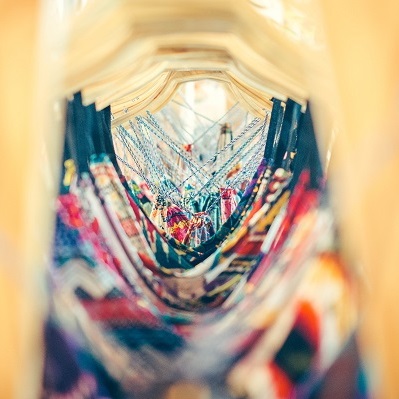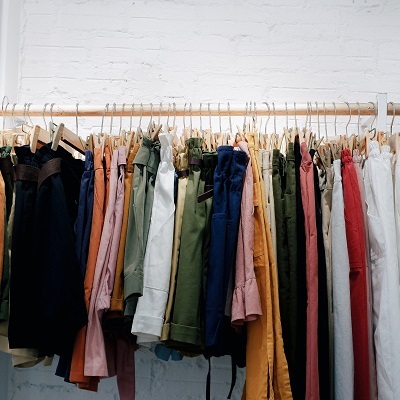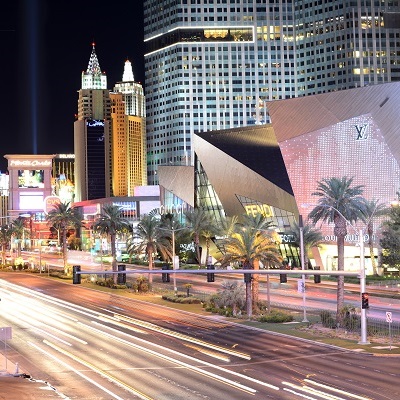Three ways to hit the ground running in the global luxury fashion industry

Competing in the global luxury fashion industry can be a daunting prospect, but it gets even more complex when you consider consumers’ omnichannel expectations.
Luxury fashion buyers now want to buy whatever they like, whenever they like, wherever they like — and the brands and retailers who can offer this service will win a significant competitive advantage over those still trapped by siloed legacy systems.
Omnichannel capabilities also open-up greater opportunities for brands/retailers in markets where they have a smaller physical store footprint.
Now consider the level of complexity added by the phenomenon of global peak trading – the idea that the international luxury fashion industry is driven by a succession of mega shopping events across the globe allied to cultural and religious festivals such as Eid, Diwali and Chinese New Year.
Participation in these lucrative events means that retailers and brands need to master their operations across multiple geographic locations with their own supply chain challenges, customer demands and compliance and regulation requirements.
Here we reveal three ways that retailers and brands can hit the ground running in this complex and demanding global environment.
1. The benefits of ‘virtual stock’
The omnichannel environment consists of demanding, knowledgeable consumers who expect a seamless, customised shopping experience.
They want to order from anywhere, at any time – these empowered shoppers have changed fulfilment and transportation in retail supply chains.
To enhance the customer’s shopping experience, retailers are building virtual inventories. Virtual inventory is an all-inclusive list of a company’s products that can be sold to a consumer; the products might be in a retail store, stock room or warehouse.
Effective virtual inventory optimizes retail fulfilment by locating the product closest to the consumer and choosing the best routing option, determined by time and cost.

2. Invest in click-and-collect systems
Click-and-collect (also known as buy on line, purchase in-store or BOPIS) is a great way in which online sales can stimulate in-store footfall and sales.
Research by The Wall Street Journal has shown that about a third of shoppers prefer to have an item delivered to a location other than their home and many of those pick up their orders in store.
This increased footfall is great news because it gives retailers and brands an opportunity to expose customers to their in-store experience and a chance for their highly trained sales associates to use their skills to nurture further sales through either cross or up-selling.
In order to ensure click-and-collect is profitable retailers and brands need to invest in systems that optimize fulfilment in much the same way as virtual stock – by locating the product closest to the consumer’s chosen store and choosing a route that is fast and profitable.
3. Seeing is believing – benefits of first-class product visualization

The images a brand or retailer presents online are often the first impression their customer may have of a product.
They may also be the only opportunity a customer has to view the product they are purchasing – especially in regions where retail store footprint may be low or non-existent.
The power of visualization should not be underestimated. High-quality images with extensive visual information accomplish two objectives: they provide a customer with the additional confidence they need to complete the purchase and they minimize any future disappointment by accurately and completely representing the product sold.
When it comes to ecommerce, this kind of consumer disappointment is one of the biggest triggers for returns, which can be very expensive and can significantly erode profit margins. So, it pays for retailers and brands to use ecommerce solutions that enable the highest level of product visualization
To find out more about the globalization of luxury fashion read Dedagroup Stealth’s latest report ‘The Era of Eternal Peak Trading’.
You can also find out how Dedagroup Stealth’s solutions can give your fashion or luxury brand the omnichannel capabilities it needs to capitalise on the new era of global eternal peak trading.

